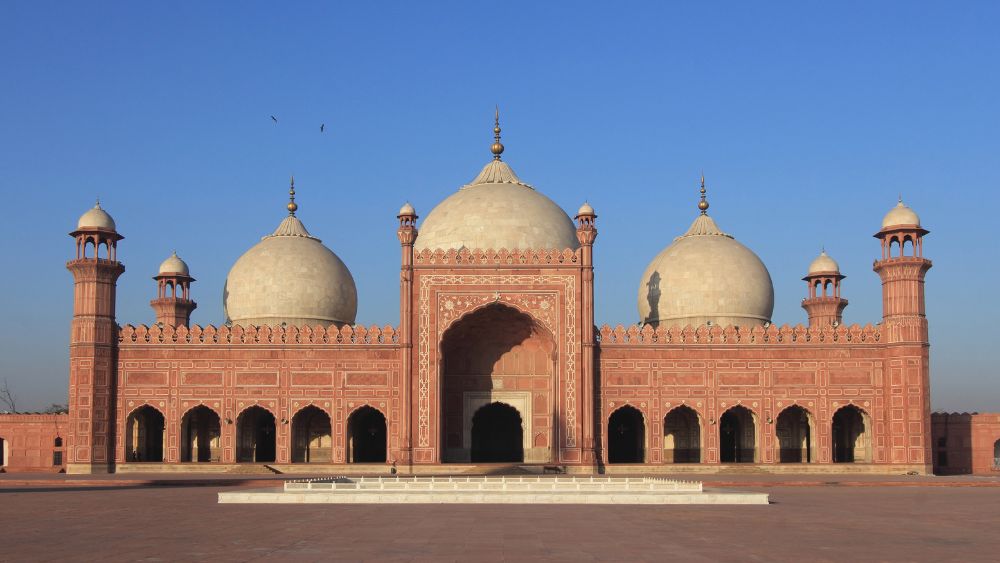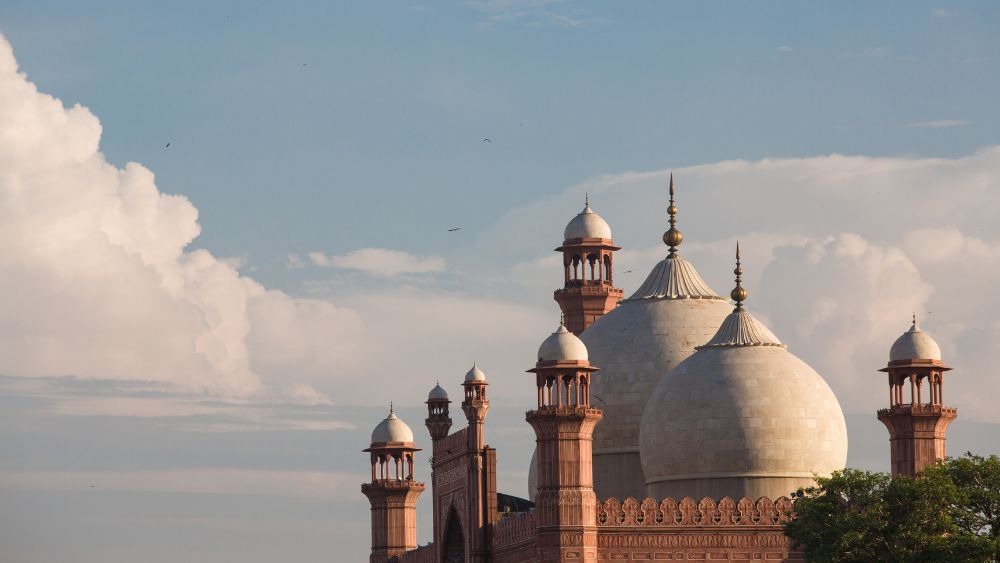Ramadan has passed, leaving us with memories of fasting, worship, and blessings. Now, the month of Shawwal arrives, bringing the joy of Eid ul-Fitr and a chance for spiritual growth.
Shawwal isn’t just about the celebrations. It’s a time to carry forward the good we began in Ramadan and gain the blessings of fasting six days in this month.
Let’s explore the significance, the rewards of fasting six days of Shawwal, and tips to make the most of this month.
What is the Meaning of Shawwal?
Shawwal (شَوَّال) is the 10th month in the Islamic Hijri calendar. Its literal meaning is to lift or carry. In Arabia, the she-camel would usually become pregnant at this time of the year and carry a fetus; thus its name.
The month of Shawwal falls between Ramadan and Dhul Qa’dah. The first day of Shawwal marks the day of Eid ul-Fitr.

When is Shawwal 2026?
Depending on the moon sighting, Shawwal 2026 (1447H) will start on the 20 or 21 March 2026. And it will end on the 17 or 18 April 2026. But the date may vary depending on your location and monn sighting.

Importance of Shawwal Month
Since Shawwal comes after Ramadan, its significance is also connected to Ramadan. Our Salaf used to say that one of the signs that our fasts have been accepted by Allah is to see our condition after Ramadan.
If a person is still able to continue with good deeds after Ramadan, then his/her fasts have been accepted by Allah. Therefore, it is important to keep doing good deeds after Ramadan, especially in Shawwal, so that our fasts are accepted in sha Allah.

Benefits of Fasting 6 Days of Shawwal
The significance of fasting six days in Shawwal is mentioned in the hadith. Some of them are:
1. If someone fasts the entire month of Ramadan and then fasts 6 days of Shawwal, then it will be counted in the sight of Allah as fasting the entire year. Rasulullah ﷺ said:
مَنْ صَامَ رَمَضَانَ ثُمَّ أَتْبَعَهُ سِتًّا مِنْ شَوَّالٍ كَانَ كَصِيَامِ الدَّهْرِ
Meaning: “He who observed the fast of Ramadan and then followed it with six (fasts) of Shawwal. it would be as if he fasted perpetually (the entire year).” [Sahih Muslim: 1164]
The Messenger of Allah ﷺ said: “Allah has made for each Hashanah (good deeds) ten like it, so a month is like fasting ten months, and fasting six days completes the year.” [Sahih al-Targhib wal Tahrib: 1/421]
2. It is mentioned in numerous hadiths that the Prophet ﷺ used to observe some voluntary fasts each Arabic month. Fasting 6 days in Shawwal is a great way to develop the habit of fasting some Nafl Siyam each month.

3. After Ramadan we regret not doing enough in the blessed month. We also have our shortcomings during Ramadan. Keeping voluntary fasts is a great way to make up for our sins and shortcomings during Ramadan. Allah says in the Quran:
إِنَّ ٱلْحَسَنَـٰتِ يُذْهِبْنَ ٱلسَّيِّـَٔاتِ
Meaning: “Indeed, good deeds wipe away misdeeds.” [Surah Hud: 114]
4. During Ramadan, most of us wake up early for Sehri and pray Tahajjud. Then we pray Fajr prayer in the Masjid and fast the next day. Keeping the 6 voluntary fasts of Shawwal helps us carry on this great habit.
Thus, we should fast any 6 days of Shawwal (except Eid day) to gain unlimited rewards from Allah.

Historical Events of Shawwal
The historic battle of Uhud took place on the 3rd of Shawwal, 3 Hijri. This was a major setback for the Muslims. The Muslim army consisted of 1000 soldiers, among which 300 defected under the command of Abdullah ibn Ubai ibn Salul. Despite this, the Muslim army was on the verge of gaining a decisive victory over the Quraysh army.
Rasulullah ﷺ stationed 50 archers on Mount Uhud and ordered them not to leave their position until he commanded. However, the temptation of the spoils of war caught the best of some, and they left the position.
Seeing this unguarded position, Abu Sufyan (who became Muslim later) took his men and attacked from behind. The Messenger of Allah ﷺ was heavily injured on the battlefield, and 70 Muslims were martyred.
The Muslims learnt their lesson not to disobey the Messenger ﷺ ever again, and Allah forgave them all. Also, the hypocrites became known for showing their true colours.

People Also Ask
Q. What is the first day of Shawwal called?
Ans: The first day of Shawwal is called the Eid ul-Fitr, one of the two Eids for Muslims.
Q. Are the 6 fasts of Shawwal compulsory?
Ans. The 6 fasts of Shawwal are not compulsory. They are Sunnah Mustahabb. However, the virtues of them are great and one should try their best to keep them.
Q. Can I keep the 6 fasts of Ramadan separately or do I have to keep them consecutively?
Ans. There is no rule here. You can keep them separately or together. Both are permissible.
Q. Can I keep the fasts of Shawwal before making up for missed fasts in Ramadan?
Ans. The opinion of some honourable scholars is that missed fasts of Ramadan must be kept before fasting the 6 days of Shawwal.
Q. Can I combine Shawwal fasting with 3 fasts of Ayyam al-beed?
Ans. Yes. It is ok to do so.
Q. When can I start fasting on Shawwal?
Ans. Fasting on Eid Day is prohibited. Apart from that, you can fast any day of Shawwal. That includes the day after Eid ul-Fitr.
Conclusion
The month of Shawwal is a test for the believers. It is the month to truly see if a believer stays firm on the path of righteousness or returns to pre-Ramadan habits. Also, Shawwal’s 6 fasts are not to be missed.
So, ask Allah to keep you steadfast on the path of righteousness after Ramadan and try to fast 6 days of Shawwal to gain the rewards of fasting for the entire year.

Leave a Reply